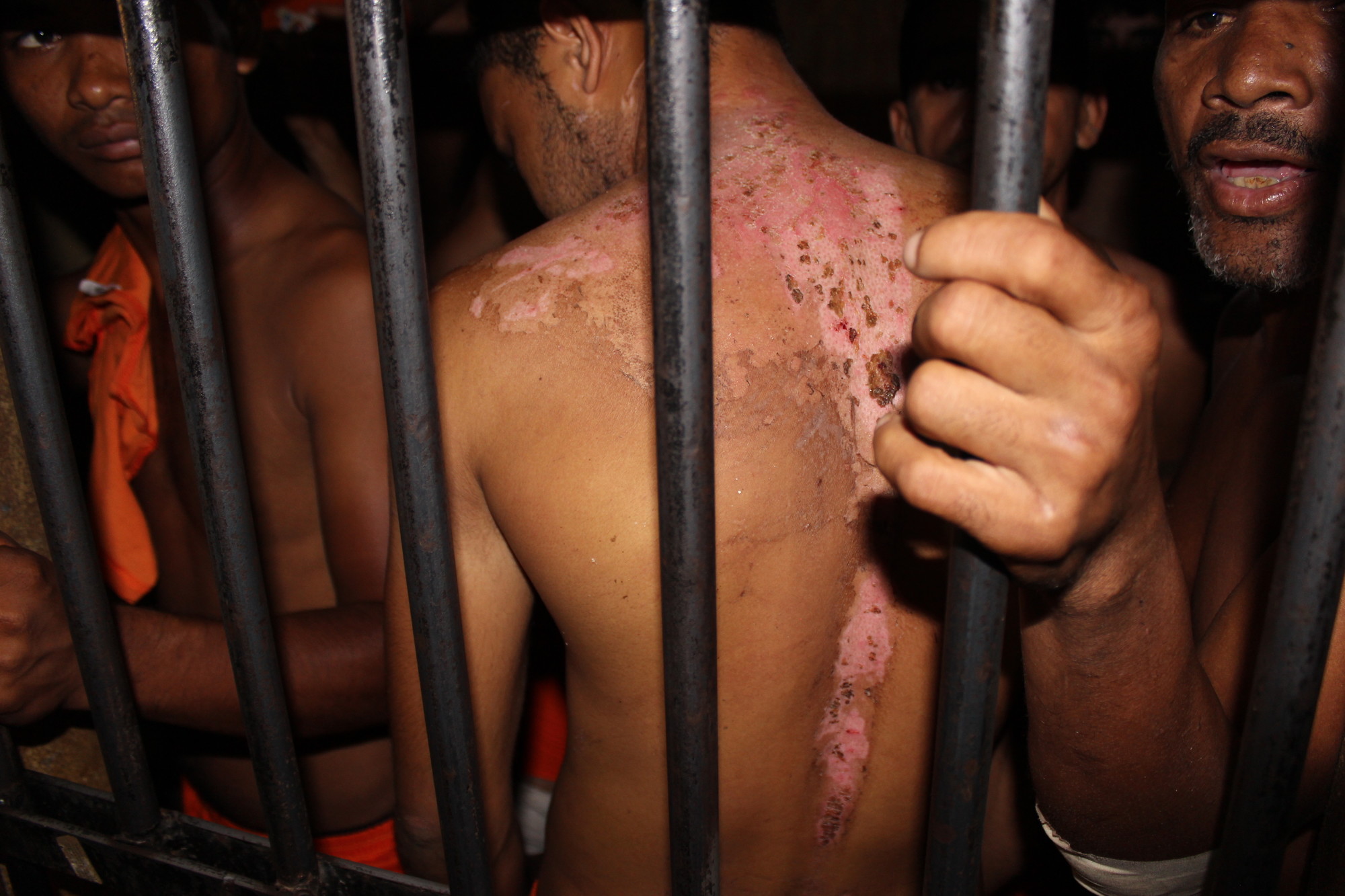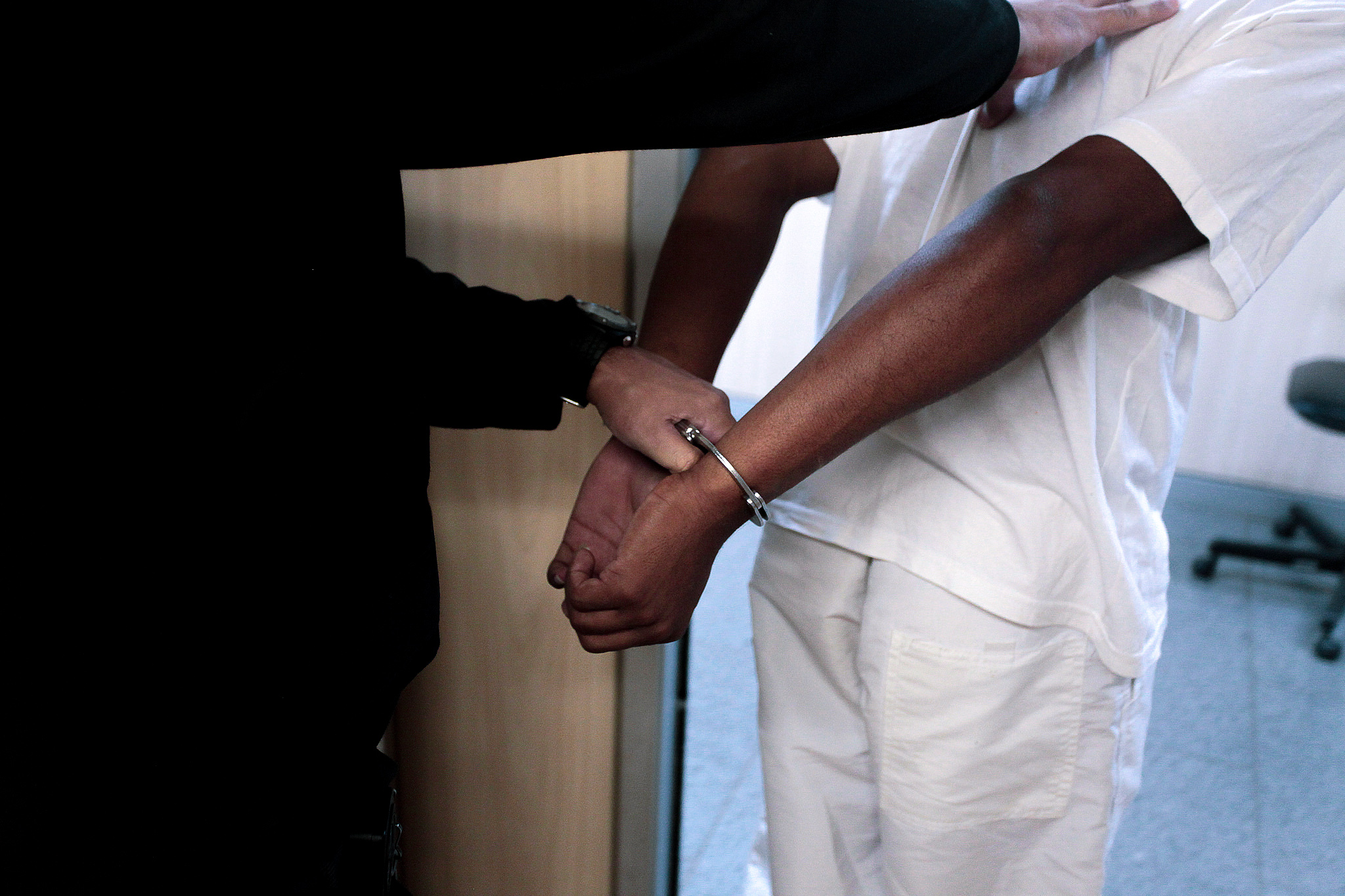In 2019, a decree by President Jair Bolsonaro discharged the 11 experts who worked on the MNPCT (National Mechanism to Combat and Prevent Torture), transforming their activities into unpaid work. As a result, the federal measure directly affected the functional independence of the country’s main anti-torture body.
The MNPCT is responsible for monitoring prisons, shelters for children and seniors, psychiatric hospitals, therapeutic communities and youth detention centers. It was created by Law 12,847/2013, following international guidelines that have been directly violated by the provisions contained by the decree in question.
In the Supreme Court, ADPF 607, drafted by the Prosecutor-General at the time, Raquel Dodge, challenges the presidential decree. Submitted to the Court in 2019, the case began to be heard in March 2022. A federal court ruling handed down in August 2019 enabled the MNPCT to continue operating.
Several organizations that work on fighting torture in Brazil are expected to participate in the judgment as amici curiae. These are the Defense of the Right to a Defense Institute (IDDD), the Association for the Prevention of Torture (APT), Conectas Human Rights, Justiça Global, the educational inclusion organization Educafro, the National Association of Public Defenders (ANADEP), the Catholic Church’s prisoner outreach service Pastoral Carcerária, the Brazilian Criminal Sciences Institute (IBCCRIM), the Federal Council of the Brazilian Bar Association and the Strategic Action Group of State and District Public Defender’s Offices in the Higher Courts (GAETS).
In an amicus brief sent to the Supreme Court, these organizations state that “the unpaid provision of services is totally incompatible with the function performed by the MNPCT experts, since it is a complex occupation that requires exclusive dedication to ensure that the missions and inspections in the custodial facilities keep up with the significant demand. The removal of salaries feels like a maneuver to exhaust the National Mechanism and weaken the fight against torture, despite the prohibition expressly stated in the Brazilian Constitution (art. 5, item III), which is why the merit of the case must be analyzed and the contested provision declared unconstitutional.”
As they deal with violations committed by government agents in custodial facilities, the mechanisms to combat and prevent torture need independence to file complaints and notify authorities. The job of the experts includes carrying out inspections and requesting information and forensic reports to prevent, document and promote accountability for torture and mistreatment. It is up to the Supreme Court, therefore, to decide on the legality of the decree in its judgment of ADPF No. 607.
The civil society organizations have also shown the justices the risks of undermining the main body combating torture in the country, with respect to the worsening living conditions in custodial facilities and the non-compliance with commitments assumed by Brazil in international agreements.
In February 2022, Brazil received an official visit from representatives of the Subcommittee on Prevention of Torture (SPT) of the United Nations, which was also motivated by Bolsonaro’s decree. After the visit, Suzanne Jabbour, who headed the SPT delegation, spoke out by urging Brazil to “drop its decision to dismantle its national torture prevention mechanism”.
Beforehand, in June 2019, the IACHR (Inter-American Commission on Human Rights), a body of the OAS (Organization of American States), had already expressed its condemnation and concern over the presidential decree.
Technical information
- Case: ADPF 607
- Court: Supreme Court
- Status: Being heard
- Procedure:
- 03/18/2022 to 03/25/2022 – Schedule for virtual judgment of the case
- 03/15/2022 – Conectas sends oral statement for the judgment
- 08/01/2019 – Justice Luiz Fux appointed rapporteur of the case

